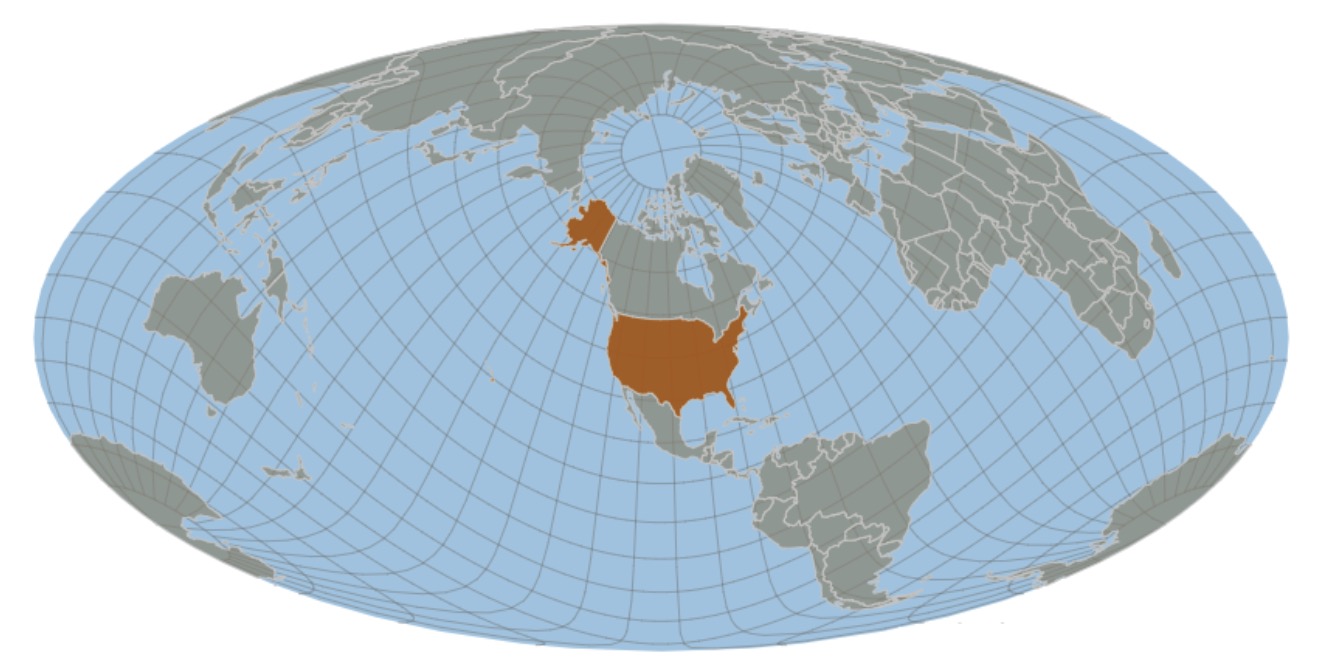The eight Ukrainian Soldiers stood before us on a small stage, dressed in their combat fatigues and looking uncomfortable staring out at the fifty Americans gathered to hear their stories.
Just a few days ago, they had been on the front lines in their ongoing fight with Russian invaders. In a few days, they would be right back on those front lines. But for now, they were in the quaint ski resort village of Davos, Switzerland, mingling with some of the world’s business and political leaders. It was a stark juxtaposition.
We were at The USA House, a first-time pseudo “US Embassy at Davos” organized by With Honor via a sponsorship from McKinsey & Company. The eight soldiers were scheduled to spend four days making appearances like this, recounting their experiences, and garnering ongoing support from the West.
“I had to get my wife and son to safety. Then I could join the war. My son was 9 months old. He’s now almost 4. I wonder if he still identifies as my son.”
The 36-year-old helicopter pilot who spoke these words did not seem despondent. His three years of combat had clearly pushed him well beyond that point. He was merely stating facts.
The other seven soldiers–ages 25 to 41–shared similar stories.
To close the session, our host, Rye Barcott, made the following observation:
When U.S. Marines deploy, they do so for 6 months. The other branches, for 12 months. But these soldiers have been fighting for 3 YEARS! That’s f***ing hard!
Taken together, these two quotes hit me with an unexpected jolt.
*********
Right after law school, I served eight years as a U.S. Marine, four on active duty and four in the reserves. I was still in the reserves on 9/11, but fortunately I was not recalled for Afghanistan. I never deployed and never saw combat. I spent 10 weeks at the Officer Candidates School, 6 months at The Basic School, 3 months at the Naval Justice School, and the rest of the time at the Marine Corps Air-Ground Combat Center. All on U.S. soil.
I left active duty in 1999, but it wasn’t until this week that I fully appreciated the blessings of American geography, courtesy of eight Ukrainian soldiers.
*********
It suddenly hit me that every current American service member who has ever seen combat has done so “overseas”. Never on U.S. soil.
We “deploy” to the fighting. We do so, knowing it is a temporary assignment. And we leave our family, friends, residences, and private lives “back home”, safely awaiting our return.
This is certainly combat, but it is not nearly in the same ballpark as fighting for survival against an invading force. It is NOT “self-defense”. At least not directly.
On a single day almost a quarter century ago, we experienced attacks on three locations in the U.S. The enemy was not a large nation-state’s armed force, and its leadership was located halfway around the world.
Now imagine suffering a 9/11 event every day for three years at various locations around the country by an invading force that shares a common border.
This is the plight of many people around the world. Not just Ukrainians.

Take a look at the map above. What do you see?
I see only two potential direct threats to my family and friends in the (continental) U.S.
We have treated Canada and Mexico with trust, respect, and friendship for decades, knowing that we need them as allies so they won’t go looking for friendship elsewhere. Other than those two, there really is no one who can attack us directly. (And thanks SO MUCH to our fellow Americans in Alaska and Hawaii, who provide critical blocks against attacks from the East!)
This map depicts the most critical blessing for American prosperity: our geographic isolation.
We have the luxury of fighting our fights on other people’s doorsteps. We can afford to have professional warriors fight our battles, while the rest of us continue with our everyday lives. And we can fight on temporary assignments.
The rest of the world is not nearly so fortunate.
*********
Of course, I knew all of this intellectually before this week. However, meeting eight human beings who are truly fighting for their lives and the lives of their loved ones really put everything into perspective.
They have to fight fiercely, because if they fall then their homes are next. In fact, for some of them, their homes are already on the other side of the front line, so they are fighting to get back to them.
I have always been proud to be a U.S Marine. However, I believe that even the most hardened Marine would have been humbled by these eight soldiers.
At a minimum, they made me truly appreciate how lucky we are to live where we live on the world map.
*********
Special thanks for Rye Barcott, 🌎David T. Ackerman, Esq., and Danielle (Ringwood) Burr for organizing The USA House at Davos 2025 and for putting on this special session.
